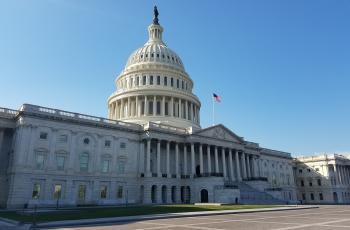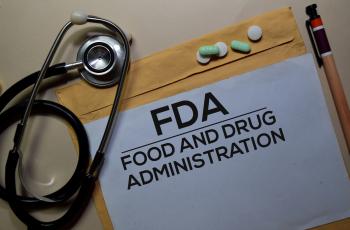Can Healthier Schools Prepare Us to Live Healthier Lives?
If the mission of school is to prepare younger generations for their future, then why shouldn’t schools ready students for a healthy life in addition to a career?
That is just what several colleges are doing across the country. From reducing or eliminating the presence of sugary drinks to encouraging physical activity through built environments, colleges are taking a bigger role in promoting a healthy lifestyle. Given that many lifelong habits are formed during college years – one study found that overweight/obesity rates increased by 3% and 14% in students’ first two years at two universities – campuses are a good point of intervention for introducing healthy habits to young adults.
For example, the Partnership for a Healthier America’s Healthier Campus Initiative partners with college campuses that agree to commit to 23 guidelines of some 40 recommendations. The recommendations include providing healthier food and beverage options in dining halls and vending machines, promoting water consumption, creating a built environment that encourages walking, and many others. So far, more than 50 colleges and universities have committed to this initiative.
Some campuses have zeroed in on more specific culprits behind weight gain like sugar-sweetened beverages (SSB’s). Mounting evidence supports that soda and sugary drink consumption is playing a major role in today’s obesity epidemic and related prevalence of type 2 diabetes and heart disease – recent analyses show that SSB consumption is the single largest contributor of calories and added sugars to the American diet.
In July 2015, the University of California at San Francisco enacted the Healthy Beverage Initiative, which banned the sale of sugar-sweetened beverages from all cafeterias, vending machines, and retailers on campus – making the healthier choice the easier choice. Students are still allowed, however, to bring soda and other SSB’s from off campus. A study has been initiated to determine whether the school’s employees have experienced a measurable change in health. Final results have not yet been published.
States have passed similar soda bans on public school premises with mixed results. This is likely due to the fact that sugary energy drinks, sports drinks, and juices were not simultaneously eliminated. While restricting soda is a step in the right direction, reducing the availability of all sugar-sweetened beverages will likely have a larger effect.
Unfortunately, broader-scale legislation on SSB’s has not been as successful. Just a few months ago, a federal appeals court overturned an ordinance passed by the City of San Francisco that would have required soda makers to add a warning label to bottles stating, “Warning: Drinking beverages with added sugar(s) contributes to obesity, diabetes, and tooth decay.” While colleges may be a good starting point for testing and implementing health initiatives, businesses and governments ultimately need to adopt these practices to create widespread change.


